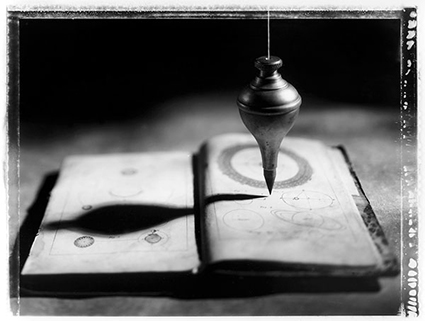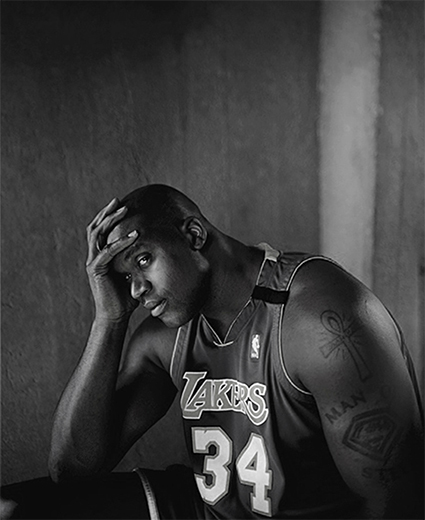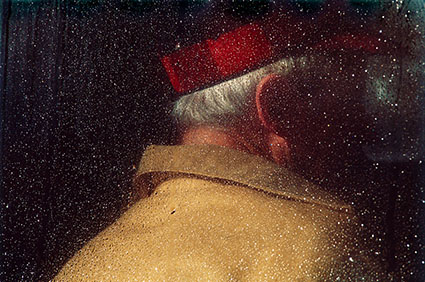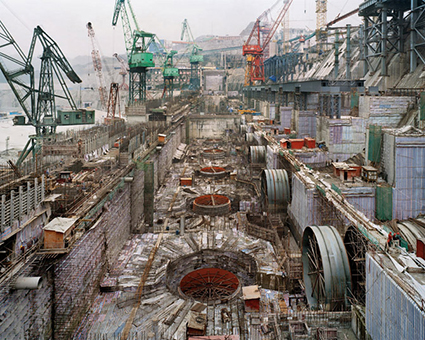10 Great Quotes By Adam Fuss
Enjoy this collection of quotes by photographer Adam Fuss.
“I was attracted to photography because it was technical, full of gadgets, and I was obsessed with science. But at some point around fifteen or sixteen, I had a sense that photography could provide a bridge from the world of science to the world of art, or image. Photography was a means of crossing into a new place I didn’t know.” – Adam Fuss
“Photography is compellingly attractive because it is recording light. But it’s not so much for me the light in photographs that I’ve been attracted to, it is the experience of light in my life that interested me in photography.” – Adam Fuss
“We’re so conditioned to the syntax of the camera that we don’t realize that we are running on only half the visual alphabet… It’s what we see every day in the magazines, on billboards and even on television. All those images are being produced basically the same way, through a lens and a camera. I’m saying there are many, many other ways to produce photographic imagery, and I would imagine that a lot of them have yet to be explored.” – Adam Fuss
“I would say that the lens is a manipulation of an image. To me the photogram is a non-manipulation of the object and the interaction of the object with light and the direct recording of that. To me that’s pure photographic imagery. As soon as you have a lens, you’re reinterpreting the outside world.” – Adam Fuss
“I see the photogram as being much more truthful and much more honest because it’s just recording light. There is no manipulation of that light, in the way that a lens manipulates light.” – Adam Fuss
“An echo is a good way to describe the photogram, which is a visual echo of the real object. That’s why I like to work with the photogram, because the contact with what is represented is actual. It’s as if the border between the world and the print is osmotic.” – Adam Fuss
“All of photography is the recording of light. It is all representational.” – Adam Fuss
“The scale is one of the things that makes an image more honest.” – Adam Fuss
“What strikes the inside of our eyes is completely open to interpretation. We don’t know what strikes the inside of our eyes because our brain gets in the way. What strikes the inside of the eyes is upside down for start. So if the brain can do that, it can do anything. We learn a lot of things about seeing. We learn how to see.” – Adam Fuss
“Just do it until you figure out what you are doing. Then you do some more. Well, for myself I find that I need to do something again and again before I understand what it is that I am actually doing.” – Adam Fuss
Read more in our conversation here.
View 12 Great Photographs Collections here.
Read more in The Essential Collection Of Photographers’ Quotes.
View more in The Essential Collection Of Photographers Videos.





